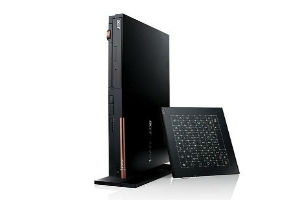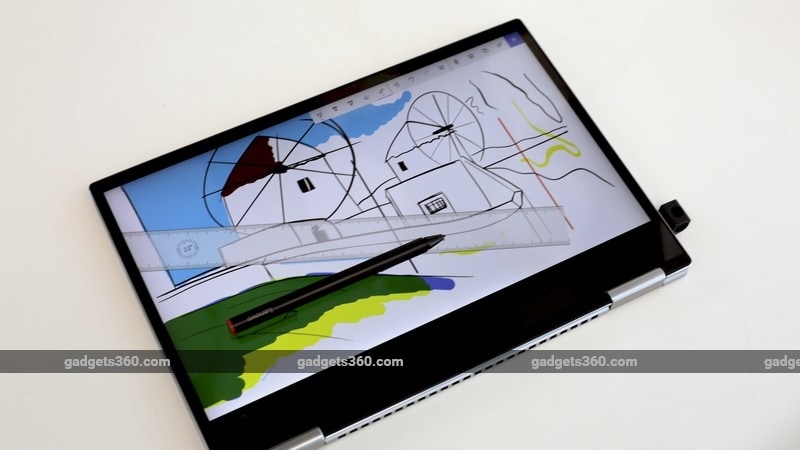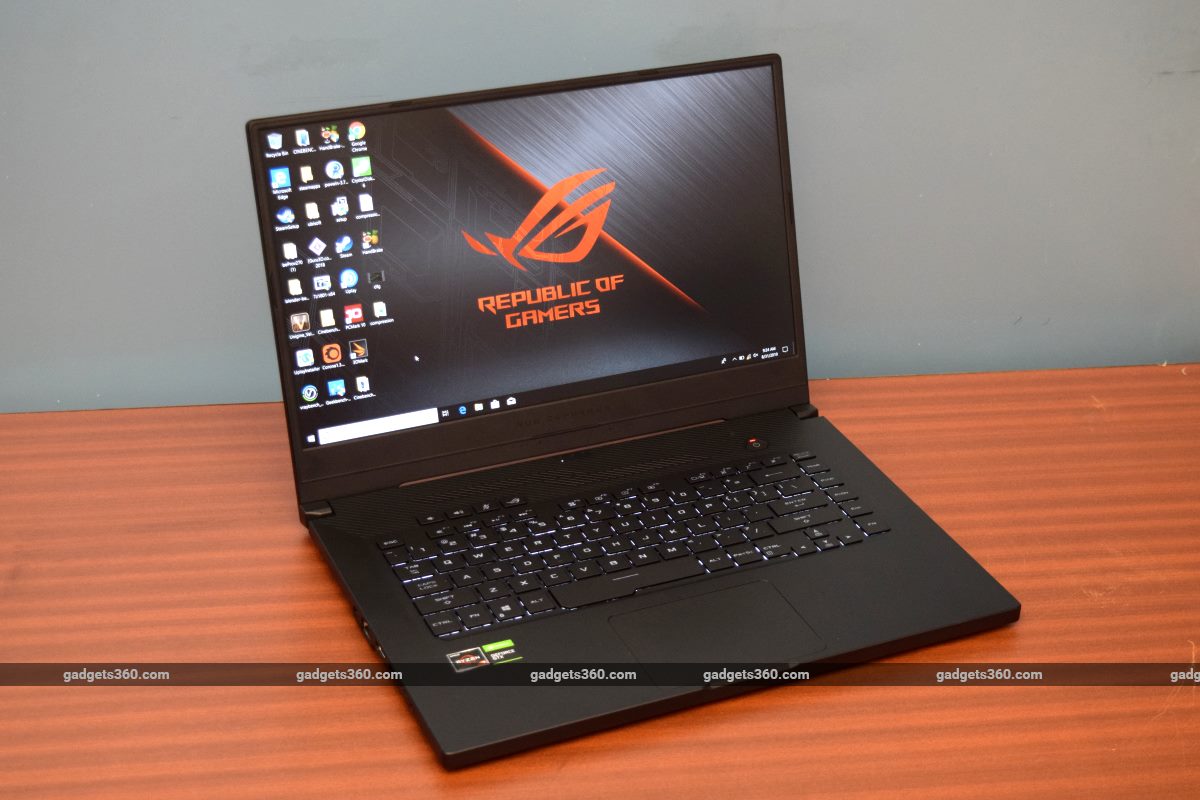But getting the two together in an elegant way has been difficult. PC makers haven’t shown much interest in making computers that work really well when controlled from the couch.
So it’s good to see Acer Inc. take a serious stab at the problem with its new Revo RL100. The Windows PC is designed from the ground up to fit into an entertainment center. It’s smaller than most DVD players and very quiet.
It’s also a good value at $470 with a DVD drive or $570 with Blu-ray.
The most striking thing about the design is that a thin, postcard-sized black slate pops out of the front of the unit. It’s a wireless touchpad that turns, at the touch of a button, into an illuminated wireless keyboard. When stored inside the PC, it recharges its internal battery.
So this, finally, is a brand-name PC that comes with a built-in “couch controller.”
The Revo’s touchpad still leaves a lot to be desired. It doesn’t come close to replicating the ease with which we control a PC through a regular keyboard and mouse.
The touchpad lacks mouse buttons, so you have to double-tap to register the click of the left mouse button, and hold down to register a right-click. Clicking and dragging is possible, but you need both talent and practice.
Furthermore, the pad can’t act as touchpad and keyboard at the same time, so you need to switch between modes frequently. For instance, going to a new website involves steering the cursor to the address field in touchpad mode, then switching to the keyboard mode, then switching back to mouse mode to navigate the page.
The keyboard is small and best used with the thumbs, so it’s not suitable for longer typing sessions.
So the Revo falters where it tries the hardest.
In nearly every other respect, it does well.
Setup was commendably easy. It can be difficult to get regular PCs to use the TV display correctly, but with the Revo, it worked the first time. The Revo’s only display jack is an HDMI port, the kind used by flat panels. Helpfully, Acer includes an HDMI cable as well. It also has a Wi-Fi chip, so you don’t have to draw a cable from your router to get Internet access.
The Revo’s processor and graphics chip are about as powerful as you’d find in a small laptop. It played Blu-ray, DVD and streamed Netflix movies fine. It did a good job with Skype videoconferencing, another of the pleasures of having a living-room PC (you supply the webcam). Streaming of high-definition home movies from another PC also worked well.
The Revo has a 750 gigabyte hard drive, enough for several weeks’ worth of standard-definition video.
High-definition YouTube videos didn’t play quite as smoothly as I’d like, probably because of the limitations of the Nvidia ION graphics chip. Hardcore 3-D action games are beyond the capabilities of the Revo.
There’s a USB jack and a slot for a memory card on the front of the unit, but you have to go to the back to find two more USB jacks and the headphone jack. That’s not a wonderful layout for something designed to be stuck in an entertainment center. But the back-facing headphone jack isn’t an issue if you connect the Revo through a receiver, as I did, as receivers have headphone jacks of their own.
From my point of view, the chief competitor to the Revo is the Mac mini, which is much more powerful but lacks an optical drive and leaves you to figure out how to control it from the couch.
The Revo has a room for improvement in the control department as well. For the next model, I hope Acer figures out how to add mouse buttons and a permanently accessible keyboard to the wireless controller.
“Couch surfing” with a PC will never be as easy as mashing the channel-change button on a TV remote, but we can hope to get closer to this epitome of laziness.



